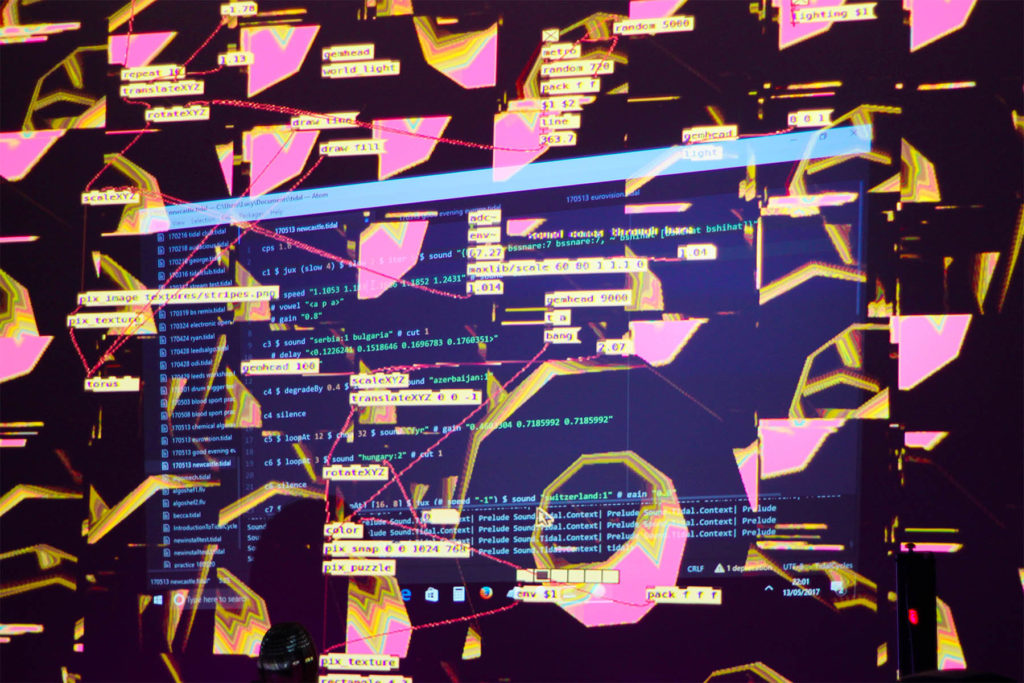“One of the beautiful things about the partnership in this case was that it really took advantage of everyone’s skills, and pointed them in the proper direction.” –Matthew Segal
Background
In what is likely the single largest dismissal of wrongful convictions in the legal history of the U.S., the Supreme Judicial Court of Massachusetts vacated and dismissed 23,595 drug cases that relied on tainted evidence and fraud related to a convicted former drug lab chemist. The decision to dismiss these cases was based on evidence revealed thanks to a key partnership between a data scientist and ACLU lawyers.
Case Card
Name: Bridgeman v. District Attorney for Suffolk County
Court: Supreme Judicial Court of Massachusetts
Decision Date: April 19, 2017
Case Number: No. SJ-2014-0005
Issue: Dismissal of cases due to tainted drug lab evidence
Featured Actors
Adriana Lafaille | Attorney, ACLU of Massachusetts
Mathew Segal | Attorney, ACLU of Massachusetts
Carl Williams | Attorney, ACLU of Massachusetts
Paola Villarreal | Data Scientist
Facts
Managers of Hinton State Lab discovered in June 2011 that chemist Annie Dookhan had committed misconduct while working on drug cases. The state police later investigated Dookhan’s conduct, and she was arrested in September 2012. The investigation revealed that Dookhan had been taking shortcuts while testing drug samples, falsifying results and forging lab documents during her nine years at the Hinton Laboratory.
Some defendants began filing motions for new trials and withdrawals of their guilty pleas in courts in Eastern Massachusetts. In response to these filings, the Essex County District Attorney’s office brought a case challenging the ability of Superior Court magistrates and judges to grant relief during review of these cases and demanding that defendants serve out their sentences while their convictions were challenged. According to prosecutors, freeing these defendants would allow known drug dealers to return to the streets without serving their full sentences. Prosecutors began an effort to “protect” the drug convictions to protect public safety.
In response, in February 2013 the American Civil Liberties Union (ACLU) and the Committee for Public Counsel Services (CPCS), a state public defender agency, asked the Supreme Judicial Court to recognize that thousands of men and women behind bars or burdened with criminal histories could have been wrongfully convicted or imprisoned. The number of cases potentially affected by Dookhan’s actions seemed likely to number in the tens of thousands. The petition asked the court to fashion a comprehensive approach to those cases, but the court declined that request.
A year later, in January 2014, only a fraction of the Dookhan defendants had been assigned lawyers. Moreover, county district attorneys had neither provided a comprehensive list of cases affected by Dookhan’s conduct, nor notified all Dookhan defendants about the potentially tainted evidence in their cases. The slow movement of prosecutors raised broader questions about the feasibility of addressing such a large drug lab scandal on a case-by-case basis. The ACLU legal team then filed Bridgeman v. District Attorney, claiming that the state was violating the right to due process by preventing timely post-conviction challenges and taking too long to identify affected cases.
The ACLU filed Bridgeman on behalf of three petitioners who had been convicted of state drug charges in cases where Dookhan was a chemist. The petition sought a rule that would shield defendants who challenged their convictions from being threatened with sentences that were more severe than those they had initially received. It also asked the court to vacate any conviction for which prosecutors did not, in a limited time, identify and notify the defendant of their intent to re-prosecute the case. CPCS then moved to intervene and request a “global remedy” to dismiss all cases prosecutors did not choose to pursue after a certain amount of time. In May 2015, the Supreme Judicial Court agreed to the petition’s request for relief shielding defendants from harsher sentences, but it decided not to dismiss the cases “at this time.”
Following that decision, the Trial Court provided the ACLU with a full list of drug-related cases during Dookhan’s time as a chemist in Hinton Lab, based on information from its own database. Then, in May 2016, the district attorneys produced lists of over 20,000 cases involving Dookhan’s work. For the first time, the legal teams had access to data about cases linked to the chemist. This led ACLU lawyers Adriana Lafaille, Carl Williams, Matthew Segal to partner with data scientist Paola Villarreal to analyze the information.
Villarreal filed two affidavits in 2016; one which stated that in the majority of Dookhan cases, 62 percent, the only drug conviction was for possession, and another one which revealed that 91 percent of the Dookhan cases were prosecuted in district court, while 7 percent were prosecuted in superior court. This data provided strong evidence against the district attorney’s argument that releasing defendants would pose a serious threat to public safety.
First, the evidence undercut the assertion by district attorneys that the defendants were serious criminals. If that had been the case, prosecutors would have chosen to bring cases to the superior court, which hears more serious crimes, instead of the district court, which hears less serious crimes. Second, a higher number of Dookhan defendants would have had convictions for drug distribution, rather than simple possession. This evidence appears to have been instrumental in convincing the court to call for district attorneys to dismiss large numbers of cases, and convincing them to do so.
Outcome
On January 18, 2017, the Supreme Judicial Court issued a decision calling on the district attorneys to agree, by April 18, 2017, to dismiss “large numbers” of cases. The court cited not only Villarreal’s statistics, but in a rare move, mentioned Villarreal’s name in its final opinion.
In April and June 2017, the district attorneys submitted lists slating for dismissal drug charges in 21,839 cases. The single justice of the Supreme Judicial Court issued an order dismissing these charges. Prosecutors identified just over 300 cases in which they sought to keep Dookhan convictions. The number of dismissals is believed to be the largest in the legal history of the United States.
Collaboration
When the ACLU received the batch of data from the Trial Court, they recognized both an opportunity and need to partner with a skilled data technologist to scrutinize the data and extract conclusions. Lafaille worked in lockstep with Villarreal as the team began to parse through the information.
According to Segal, the close collaboration was key to pinpointing the conclusions most relevant to the litigation. A lawyer faced with a mountain of information, as ACLU lawyers were when provided with a spreadsheet listing over 20,000 cases, might know what to look for but would be lost as to how to clean, organize or query the data. On the other hand, while a technologist may have the expertise to digest the data, organize the information and code interpretive tools, she may not understand which analyses would be most useful for empowering the legal team or the litigation. A legal expert in constant communication with Villarreal allowed the team to recognize the importance of identifying, for example, possession cases, or help her to identify those cases where the criminal code may have otherwise been confusing.
To draft the affidavits, Lafaille would discuss with Villarreal first the relevant deductions that could be pulled from the data. Then Lafaille would create a first structured draft and provide it to Villarreal. The two would meet again to fill in the data points at strategic points in the affidavit, checking to ensure that explanations for the judges were clear, and finally submit it to court.
“One of the beautiful things about the partnership in this case was that it really took advantage of everyone’s skills, and pointed them in the proper direction,” said Segal.
Beyond the technological partnership, the ACLU also partnered with community groups, public defender organization Committee for Public Counsel Services (CPCS), and lawyers at private firms Fick & Marx and Foley Hoag.
Lessons Learned
During the case, Villarreal was serving as a fellow in the ACLU offices. She was available to brainstorm with litigators about potential uses of data even before the needs of any specific case or project became apparent.
“We had sessions together where lawyers would give me the structure, and then I would help to connect the dots,” said Villarreal.
In many ways, this spotlights the importance of maintaining a technical expert on a litigation team, because collaboration pivotal to a case can often initiate organically.
The conclusions from Villarreal’s analysis infused the ACLU legal team with credibility and strengthened their reputation before judges. While a dismissal of close to twenty thousand cases seemed farfetched at first, the statistics helped the Court to recognize that the majority of cases affected by Dookhan’s misconduct were relatively minor in nature. At the same time, the numbers were cited in numerous media reports, which served to change public opinion about the litigation. And finally, the evidence was crucial in disputing the arguments of opposing counsel.


